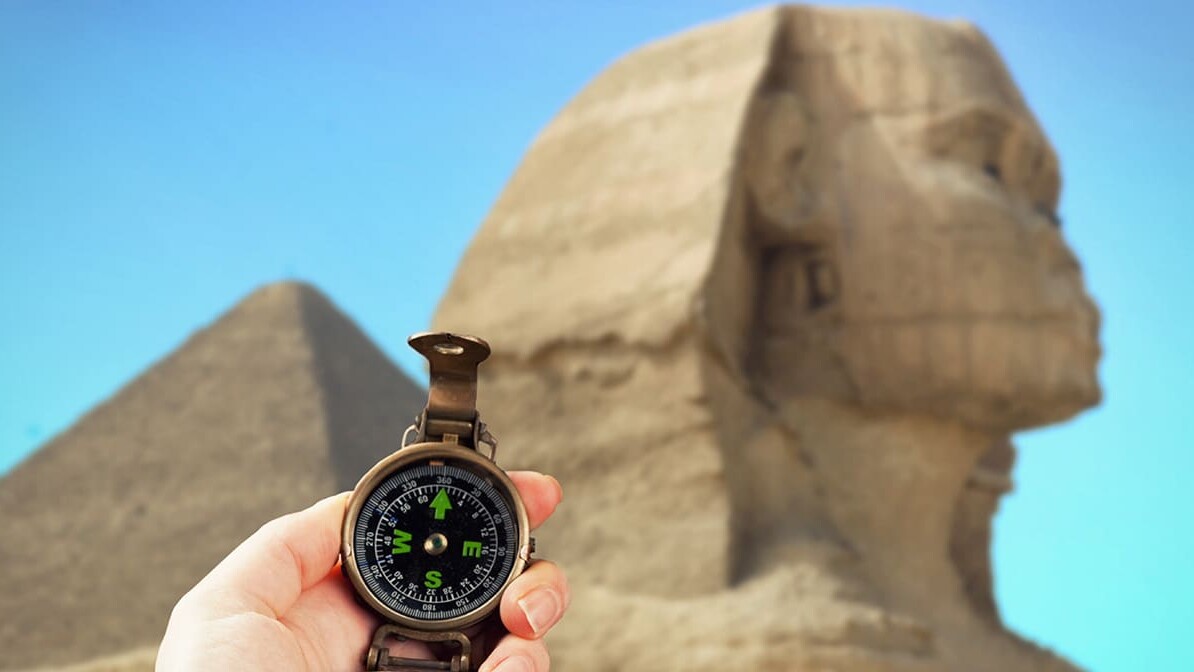
Independence Day: All Created Equal
John Adams is called the “engine of independence” for his tireless efforts to convince representatives of the American colonies that the time had come to break from their allegiance to the British crown and to become a new nation. In the midst of the debate surrounding the question of independence, a concept emerged that led to the first birth of American freedom. Penned by Thomas Jefferson in the Declaration of Independence that celestial idea still reverberates today – that “all men are created equal.”
Great Britain had been entangled for years in a global struggle with France. After several years of uneasy peace between these colonial powers, strife erupted in the mid-1750s between them for control of North America – a conflict that became the French and Indian War. This tinder box led to another worldwide struggle in what became known as the Seven Year’ War – a bloodbath that saw more than a million casualties around the world.
Though Britain eventually won this conflict, taking possession of much of the French holdings in North America, it came at a tremendous cost. Since the American colonies were the main beneficiaries of this victory, much of this expense was passed on in a series of highly unpopular taxes, beginning with the Stamp Act of 1765.
To add to the colonist’s agitation, the British Parliament continued to pass laws governing the American colonies without the input of their North American citizens. This growing frustration led to the anti-British slogan, “taxation without representation.”
Parliament continued to pass taxes like the Tea Act and Sugar Act on to the colonists over the next decade, leading to the rise of colonial militias calling themselves ‘patriots.’ Frustration turned to violence with the Boston Massacre and the Boston Tea Party. These events were answered by an increase in British military presence in Massachusetts, including the quartering and feeding of British soldiers in American private homes.
Acting Against the Acts
When the British closed the port of Boston, many American colonists had enough. On April 17, 1775, colonial militias clashed with British troops in the towns of Concord and Lexington leading to death on both sides. The next month, Ethan Allen seized Fort Ticonderoga. At the same time, representatives from all 13 colonies met as a Continental Congress. In June of 1775, George Washington was appointed commander-in-chief of the Continental Army.
One year later, another Virginian, Richard Henry Lee, made his famous proposal of independence to the Congress:
Resolved, that these United Colonies are, and of right ought to be, free and independent States, that they are absolved from all allegiance to the British Crown, and that all political connection between them and the State of Great Britain is, and ought to be, totally dissolved.
A heated debate raged among the various representatives and it appeared there would be no consensus on the question of independence. John Adams recommended a pause in the debate to allow time for the writing of a declaration stating the reasons for the call to separation. As Thomas Jefferson would later explain, the purpose of this declaration was “…to place before mankind the common sense of the subject, in terms so plain and firm as the command their assent.”
All Created Equal
Adams said he was too busy with other pressing matters to write the document and so the assignment was passed along to Jefferson. It was in the crucible of revolutionary fervor that the immortal words of the declaration emerged:
We hold these truths to be self-evident, that all men are created equal, that they are endowed by their Creator with certain unalienable Rights, that among these are Life, Liberty, and the Pursuit of Happiness.
On July 1, delegates of the Continental Congress passionately debated whether the 13 original colonies should declare their independence from Britain’s Parliament and King George III. That night, news arrived that British ships had sailed into New York Harbor, threatening George Washington and the Continental Army.
On July 2nd, delegates from 12 colonies voted in favor of independence (New York would follow suit on July 9).
The following day, Congress made minor revisions to the draft of the declaration composed by Thomas Jefferson. That same day, John Adams wrote enthusiastically to his wife about the future celebration of these momentous events.
The Second Day of July 1776, will be the most memorable Epocha, in the History of America. I am apt to believe that it will be celebrated, by succeeding generations, as the great anniversary Festival. It ought to be commemorated, as the Day of Deliverance by solemn Acts of Devotion to God Almighty. It ought to be solemnized with Pomp and Parade, with Shews, Games, Sports, Guns, Bells, Bonfires and Illuminations from one End of this Continent to the other from this Time forward forever more.
As he wrote these prophetic words, Adams may have felt he was becoming too emotional. But then he changed his mind, recognizing that these times were fit for exuberance.
You will think me transported with Enthusiasm but I am not. I am well aware of the Toil and Blood and Treasure, that it will cost Us to maintain this Declaration, and support and defend these States. Yet through all the Gloom I can see the Rays of ravishing Light and Glory. I can see that the End is more than worth all the Means.
It was on the 4th of July, 1776, that the Continental Congress officially adopted the Declaration of Independence – the official birth of the United States of America.
As Abraham Lincoln later said in the midst of the Civil War:
…our fathers brought forth on this continent a new nation, conceived in Liberty, and dedicated to the proposition that all men are created equal.
A New Birth of Freedom
Lincoln noted in his famous Gettysburg Address, that the winning of the Civil War by the Union expanded the notion that “all are created equal.”
…that we here highly resolve that these dead shall not have died in vain – that this nation, under God, shall have a new birth of freedom…
This new birth of freedom expanded what the original founders envisioned in the phrase “all are created equal” to people of every color, nation, tribe, and tongue. This hallowed concept has spread around the world, lighting the torch of freedom everywhere and inspiring other nations to rise to the ideals of the Declaration of Independence.
In one of the ironies of American history, on July 4, 1826, the 50th Anniversary of the adoption of the Declaration of Independence, the dynamo of the American Revolution, John Adams, and the writer of the Declaration, Thomas Jefferson, both died. The last poignant words of John Adams were: “Thomas Jefferson still survives.” The truth is that Jefferson had died five hours earlier at his home, Monticello, in Virginia. Perhaps without his knowing it, this was one final prophetic utterance of the great John Adams, proclaiming that the earth-shattering phrase penned by Jefferson outlived these two founding giants – and it still survives today:
All are created equal.
Trending Now
Sign up today for your Inspiration Today Daily Newsletter
Supercharge your faith and ignite your spirit. Find hope in God’s word. Receive your Inspiration Today newsletter now!
Dr. Craig von Buseck
Dr. Craig von Buseck is an award-winning author. Learn more at vonbuseck.com
Related Articles
April 25, 2024
Seeing Jesus in the Passover
I’m often amazed to meet Christians who have little interest in observing the Feast of Passover. I…
April 24, 2024
Passover: A Bridge Between Life’s Plagues & God’s Promises
How appropriate that we’ve arrived at Passover, just when the world needs a breakthrough to defeat…
April 22, 2024
Why You Should Care About Passover
Passover foreshadows the fulfillment of the long-awaited promise of the coming Messiah. I’m often…
April 1, 2024
Come Out of Egypt
When I see all the blessings and breakthroughs offered to us in God’s appointed times, I have a…
Next Steps To Strengthen Your Walk
Submit A Prayer Request
We are here for you. Simply click on the button below to reach us by form, email or phone. Together we will lift our hearts and voices with you in prayer.
Partner WIth Us
Sow a seed of faith today! Your generous gift will help us impact others for Christ through our global salvation outreach and other faith based initiatives.
Inspiration TV
Watch Christian content from your favorite pastors, christian movies, TV shows and more.






